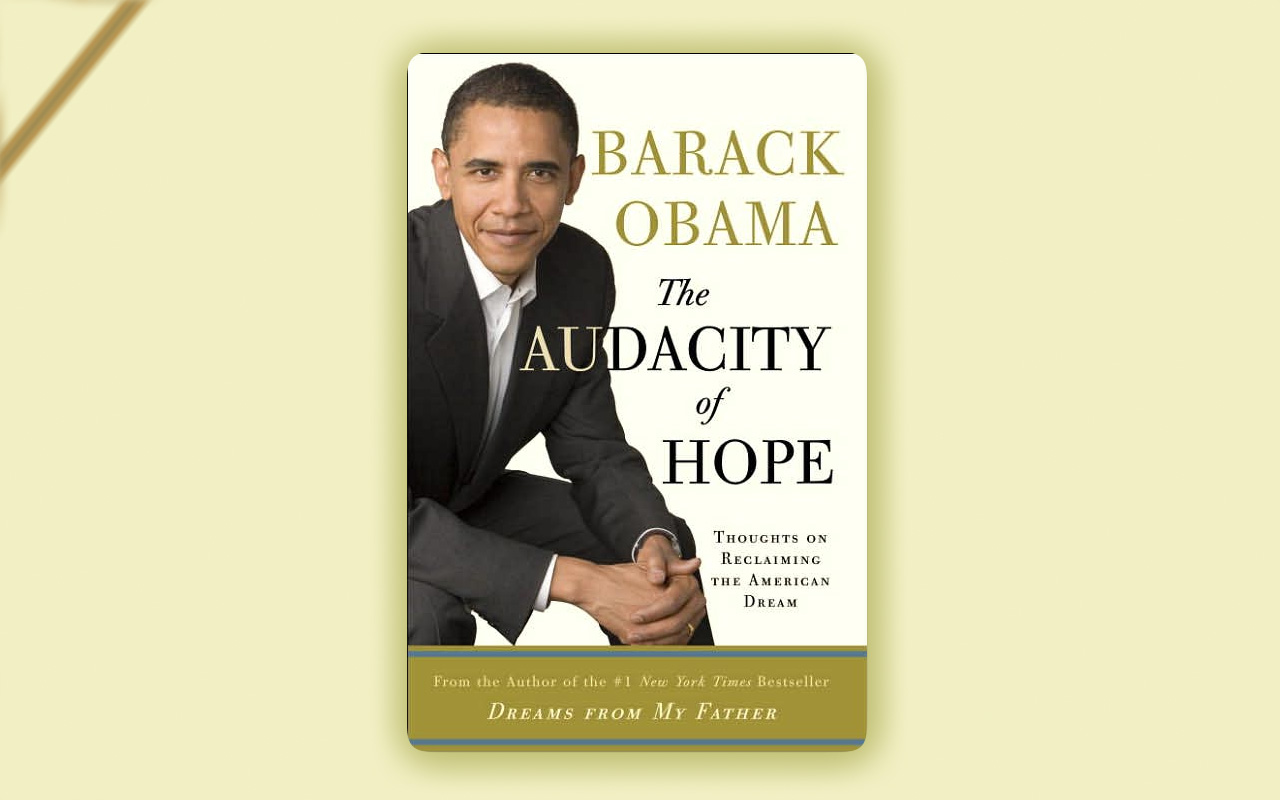
Chapter 5 Opportunity starts with accounts of his first private jet experience, a visit to the Google headquarter and a small town called Galesburg in Iowa, and gradually introduces the central discussion of this chapter on the economy. With a brief overview of the reality of globalization and a quick survey of the history of US market system, Obama outlined his central approaches and underlying philosophy in solving the problem on US economy. The topics include investments in education, science and technology, and energy independence; wages and the distribution of wealth; healthcare; and tax. Obama also included his personal discussion with prominent people in relevant topics here and there, two of whom are Robert Langer and Warren Buffett.
I read about Langer’s work on drug delivery and cited his work in my review article on PMO. He is one of the central figures in the research at the interfaces of life science and materials science. As a scientist, his concerns, expressed through Obama’s words, are related to the diminishing funding in basic research. Compared to 20% to 30% success rate for all the proposals on basic research 15 years ago (or 20 years ago by now), the success rate for proposals is only 10%. It means more time spent on raising money than before, and less time spent on actual research. With the benefit of hindsight, after Obama took office and selected Steve Chu as the secretary of energy, things have been changing. But the overall economic climate in US does not bode well for science funding either.
His discussion with Warren Buffet is enlightening. As the richest self-made man, Buffet actually invited him to discuss why Washinton cut taxes for the rich. To use Buffet’s own words to summarize his view on tax: “I’ll tell you, not very many [billionaires is in favor of keeping estate tax]. They have this idea that it’s ‘their money’ and they deserve to keep every penny of it. What they don’t factor in is all the public investment that lets us live the way we do. Take me as an example, I happen to have a talent for allocating capital. But my ability to use that talent is completely dependent on the society I was born into. If I’d been born into a tribe of hunters, this talent of mine would be pretty worthless. I can’t run very fast. I’m not particularly strong. I’d probably end up as some wild animal’s dinner. But I was lucky enough to be born in a time and place where society values my talent, and gave me a good education to develop that talent, and set up the laws and the financial system to let me do what I love doing — and make a lot of money doing it. The least I can do is help pay for all that.” What a man!
Chapter 6 Faith begins with a story about a medical doctor who wrote a letter to Obama to change his wording about his position on abortion in his campaign website (fight “right-wing ideologues who want to take away a woman’s right to choose”). The letter provided a context in which the rest of the chapter develops, namely, the reconciliation of faith and democratic pluralism: “You know that we enter times that are fraught with possibilities for good and for harm, times when we are struggling to make sense of a common polity in the context of plurality, when we are unsure of what grounds we have for making any claims that involves others…. I do not ask at this point that you oppose abortion, only that you speak about this issue in fair-minded words.” The chapter goes on to outline the reality of religion in US, and stresses the necessity and difficulty in discussing faith in politics. Obama emphasizes the need to compromise, to talk in universal, rather than religion-specific, values, and to have a sense of proportion in applying religious doctrines, and most importantly, to extend the presumption of good faith to others who disagree.
One specific topic that touches me is his critique of “liberal elitism”, of people in “universities and large urban centers, academics, journalists, and purveyors of popular culture” who ignore religion. I think that description fits me. Personally, as a scientist, I don’t think I will ever be religious, but I do think I am spiritual, in the sense that I appreciate the goodness of human nature, the principles of personal conduct, serenity, curiosity, beauty, and of course, reason. Science is my profession and is fulfilling by itself. However, just like what Obama wrote about himself that “I wasn’t sure what happens when we die, any more than I was sure of where the soul resides or what existed before the Big Bang”, I understand and accept that there is always a degree of uncertainty in whatever I believe. As for Obama’s accusation of ignoring religions, I think it is true. I think I may explore religious writings and arts as intellectual experiences, but not out of personal convictions. On the other hand, Obama’s critique does serve a reminder that a big portion of the people in the US (also in the world) with completely different personal upbringing and circumstances are truthfully religious and that they deserve the extension of the “presumption of good faith”.
